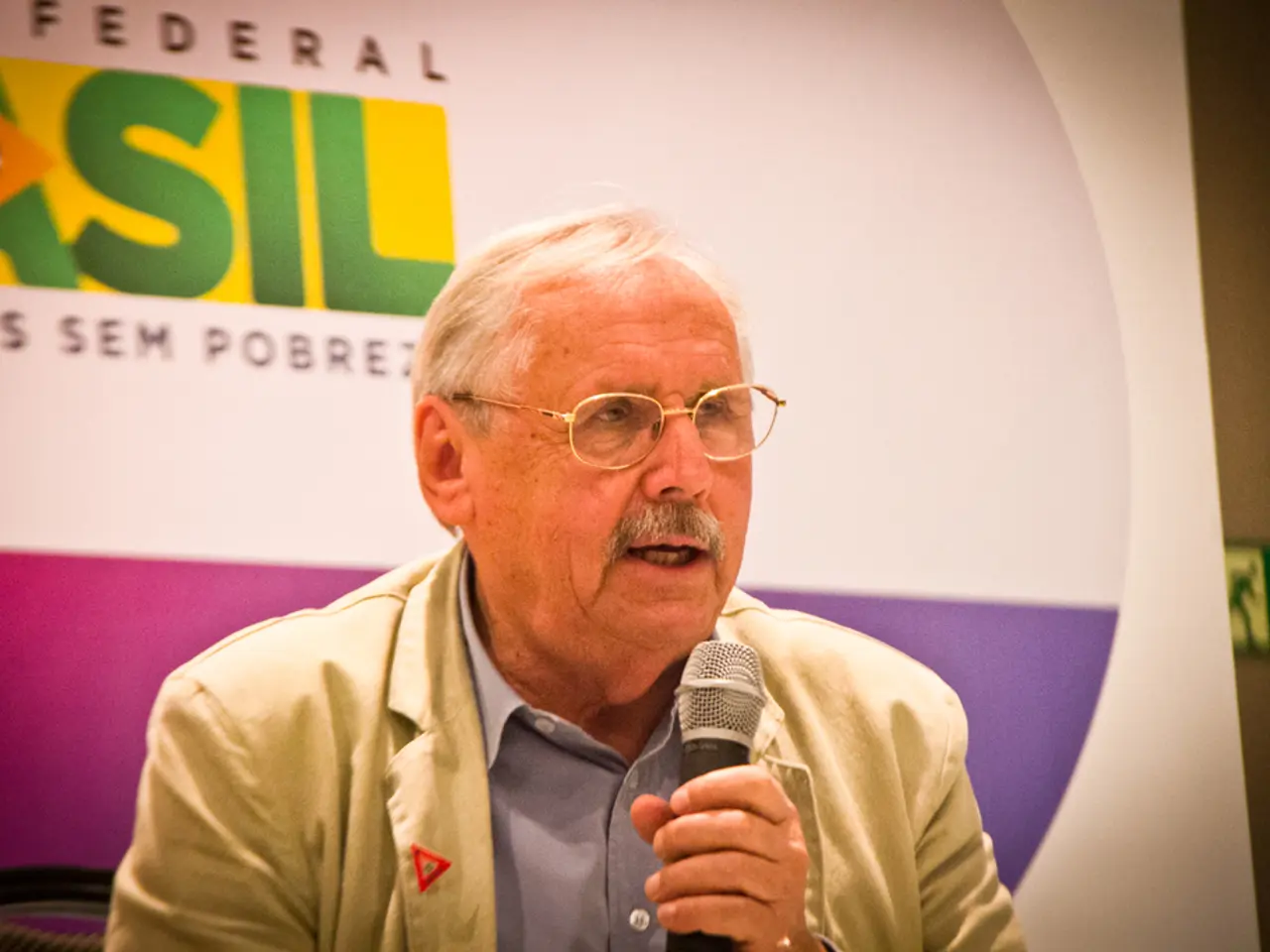Governments face scrutiny over financing allocated for the Métis Nation of Ontario, raised by indigenous organizations.
The Métis Nation of Ontario (MNO) has been at the centre of a contentious issue, with the Manitoba Métis Federation expressing concern over the MNO seeking land in their territories. This controversy arises amidst significant funding provided to the MNO by the federal government, a move that has sparked opposition from First Nations in Ontario and the Manitoba Métis Federation.
The funding, totalling nearly $1 billion over 20 years, has been criticized for going to an organization that many First Nations leaders claim harms their communities and undermines their rights. The concern stems from the MNO's definition of Métis identity, which some argue does not align with the historic Métis Nation rooted largely in Red River communities of Manitoba.
The federal government's support for MNO land and self-government initiatives has raised concerns among First Nations about their territories and treaty rights being encroached upon without proper recognition of their sovereignty. The impact on First Nations in Ontario is significant, with resource diversion, undermining of Indigenous rights, and tensions over land and self-government being key concerns.
Reports drafted by history professors Leila Inksetter of the University of Quebec in Montreal and commissioned by the Saugeen Ojibway Nation have concluded that there is no evidence of a mixed-ancestry community in the Wabun Tribal Council's territory in northeastern Ontario and in the territory of the Saugeen Ojibway Nation in southwestern Ontario, respectively.
The MNO has defended its legitimacy, with Jennifer St. Germain, MNO chief strategy officer, stating that Métis and First Nations "should not be working at odds as we are not enemies." However, the Chiefs of Ontario, representing 133 First Nations in Ontario, have stated that pan-Indigenous approaches do not work and only devalue the true rights holders.
The MNO has received funds from several federal departments, including Indigenous Services Canada, Crown-Indigenous Relations, Parks Canada, and Environment and Climate Change Canada. One Parks Canada grant was meant to allow the organization to secure land and "support creation of an ecological corridor in the region along the north shore of Lake Superior."
The MNO has also received funds from the Canadian Nuclear Safety Commission and the Impact Assessment Agency related to the potential impacts of projects in their communities. The MNO's invitation to a meeting to discuss the controversial major projects legislation, which the Manitoba Métis Federation boycotted, was seen as undermining the integrity of Indigenous consultations and pro-development policies that exclude rights holders—the First Nations themselves.
The conflict between First Nations, some Métis groups, and the MNO stems from a 2017 decision by the government of Ontario to recognize six "new, historic" Métis communities in the province. The Métis Nation-Saskatchewan, the Métis Nation British Columbia, and the Manitoba Métis Federation have all withdrawn from the Métis National Council, citing concerns about the MNO and the council's failure to ensure the integrity of its citizenship registry.
The data suggests that $819,836,061 went from Ottawa to the MNO. As the debate continues, it is clear that the funding to the Métis Nation of Ontario occurs within a fraught political context with disputes over Indigenous identity, rights recognition, and resource allocation. The consequences are heightened intra-Indigenous tensions, concerns over land rights, and First Nations feeling sidelined in government Indigenous policies and consultations.
- The funding provided to the Métis Nation of Ontario by various federal departments for land acquisition and self-government initiatives, totalling nearly $1 billion over 20 years, has led to a contentious political environment, causing disputes over Indigenous identity, rights recognition, and resource allocation.
- The debate over the Métis Nation of Ontario's policy-and-legislation, particularly concerning land and self-government, has elevated concerns among First Nations about encroachment on their territories and treaty rights, and has further fueled politics surrounding general news topics of Indigenous identity, rights, and resource allocation.





